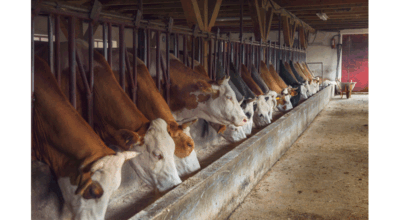From pasture to packaging
Published 10:11 am Wednesday, October 24, 2012

A module of cotton is transported from a field along Blackhead Signpost Road near Courtland. -- GWEN ALBERS/TIDEWATER NEWS
BY STEPHEN H. COWLES/CONTRIBUTING WRITER
Playback58@gmail.com
WINDSOR—Farmers in Southampton and Isle of Wight counties are in the midst of harvesting their cotton.
Using four-row cotton pickers, farmers can harvest 30 acres a day on average, said Johnny Parker, an agronomist for Commonwealth Gin in Windsor. For a farmer with 400 to 500 acres, the harvest can be done in two, usually three weeks, but also as much as a month if rain causes delays.
Some pickers compact their cotton into rectangular modules or round bales for transporting to the gin.
“A farmer tells us the number of modules and we’ll pick them up ASAP,” said Parker, who works closely with farmers as the gin’s chief contact.
In some years, like this year, there will be a backup for hauling.
“We’re keeping up so far and we are operating both of our locations, including Southampton,” Parker said.
At the gin, workers feed the bales on a conveyer belt. Steel teeth separate lint and trash from seeds. From start to finish, the process takes 30 minutes per module. In a day, 300 to 350 bales, or about 24 modules, can be ginned at Windsor.
There can be 8,000 to 10,000 pounds of seeds collected from a module. These are carried by a tube to a separate warehouse, and are later sold as feed to dairy cows.
A former extension agent for Southampton County, Parker said the collected trash can be used as compost for gardens or other commercial endeavors.
“There’s very little waste,” he said.
A module can weigh anywhere from 18,000 to 20,000 pounds. About 53 percent is seed; 41 percent is lint and the rest is trash or moisture.
Drying and pre-cleaning follows.
Sometimes, though, a gin can over clean cotton.
“We clean as little as possible so there’ll be a much of the bale as possible,” said Parker. “New technology helps to not over clean or over dry.”
A bale is compressed by another part of the machinery, and each gets tagged with a production number that includes the gin location.
Workers will take samples from each bale. Every day these are sent for classification to the U.S. Department of Agriculture in Florence, S.C.
That process can take two to three days, and the results are electronically wired to Commonwealth Gin.
“After the grade comes back, the price is determined from the market so we can pay the farmers,” he said. “We buy almost all the cotton we gin. Farmers may store and sell their bales later. Sometimes they forward contract the price using the futures market.”
Following the bagging and tagging, the bales are stored in four buildings.
“While empty now, they will be full in three months,” Parker said.





